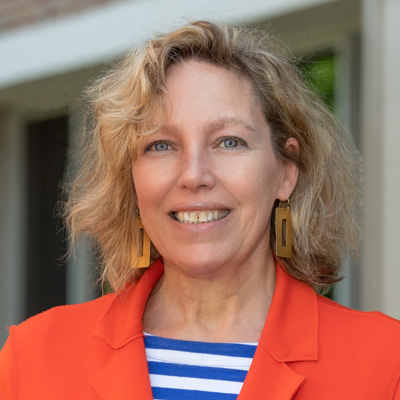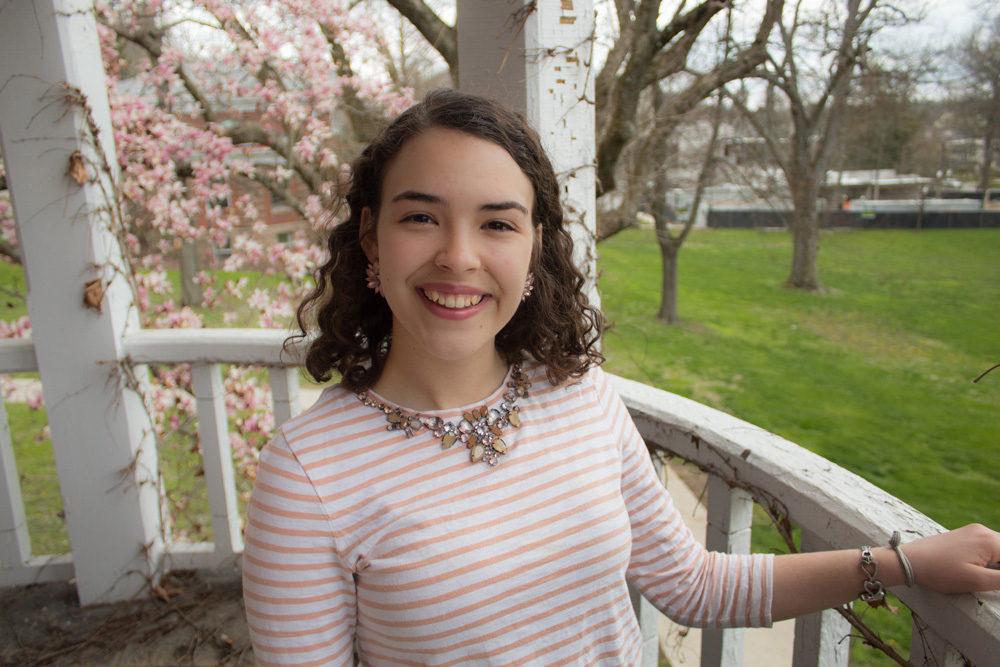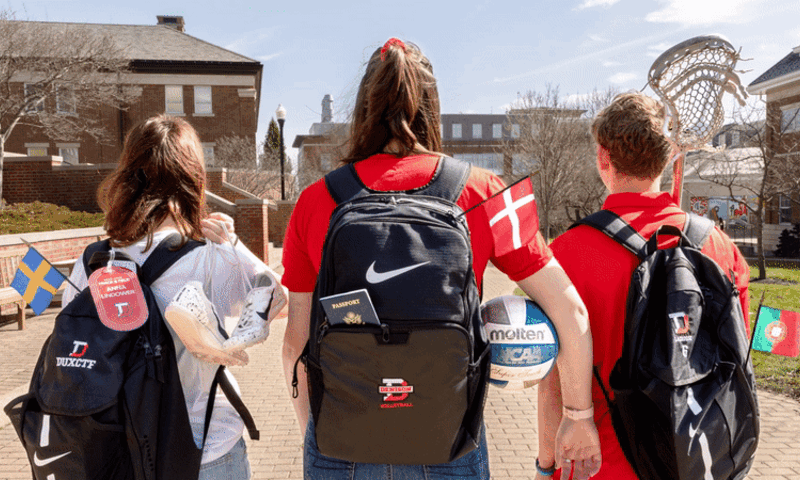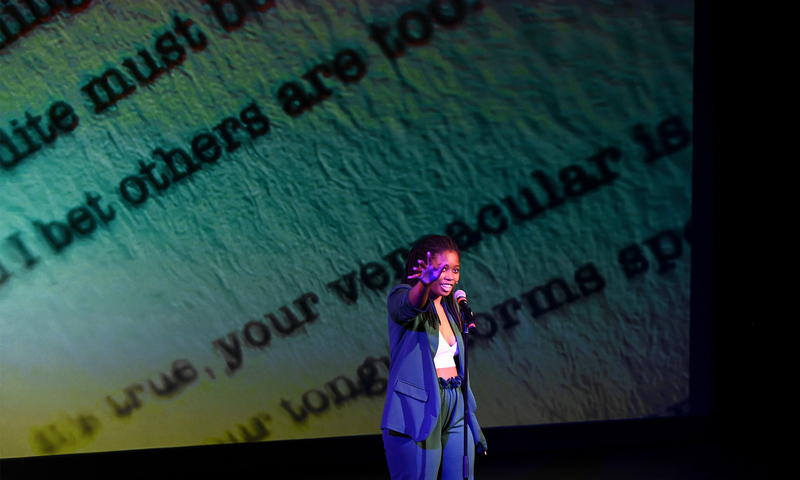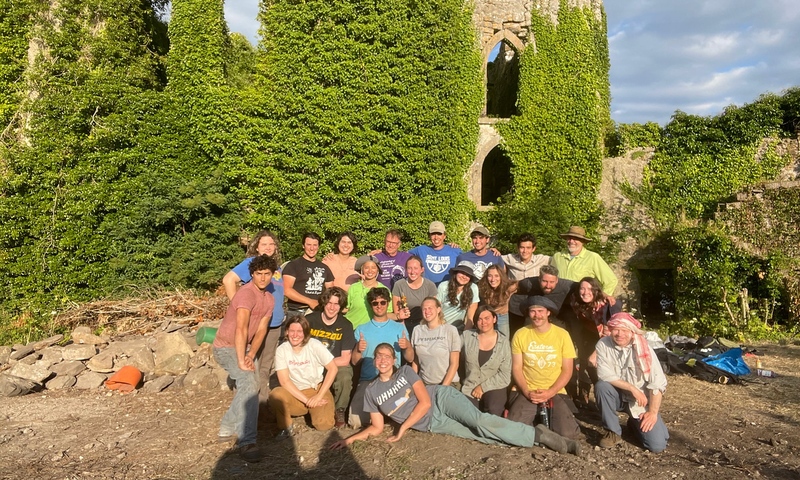When Kimberly Gutiérrez ’20 debarks from her plane in Seville, Spain, in the spring of 2019, she’ll be taking another step forward toward her goal of becoming a lawyer who represents disadvantaged clients.
A Hispanic-American who grew up in a Spanish-speaking home in Chicago, Gutiérrez, a political science and psychology double-major, has long held an interest in helping those who are disadvantaged within the criminal justice system, in part because of language barriers.
Gutiérrez feels that in times of stress, it’s especially important to support people by communicating with them in their native language.
“In situations when people are under stress— and that probably includes most interactions with the law and in courts — they particularly need the comfort and feeling of safety they have when communicating in their native language. And even if people have some English proficiency, really important nuances can be lost,” she says.
“I spoke only Spanish at home and took English as a second language until second grade,” says Gutiérrez. “I still speak Spanish at home, and it was practicing Spanish at home that landed me a position as a Tertulia Leader, leading conversation sessions in Spanish, during my first semester here at Denison.”
Gutiérrez’s classes and professors are opening her eyes to new ideas and providing support to her as she navigates college. “Dr. Pool is so charismatic and brings such good energy to the room. She was the first professor here to tell me I was intelligent. As a first-generation student, that meant the world to me.”
“In my American political thought class, we learned about how institutions create and perpetuate the differences that lead to the dichotomy between white and non-white humans. We assessed this theory by looking at the differences between East Columbus and New Albany. I was intrigued by what I read and decided to make a trip to New Albany to let what I was reading come to life. We have to understand how racism starts before we can deconstruct it.”
Pool, who has taught Gutiérrez in two courses, says that Kimberly is exactly the kind of student that professors appreciate. “She’s smart, hard-working, tenacious, willing to explore questions on her own, and always working to improve. She thinks really deeply about the texts and the questions we ask and thus makes invaluable contributions to classes and to Denison as a whole. I can’t wait to see how Kimberly puts her education to use to help those who need it most after she leaves Denison.”
Gutiérrez, who watches “Jane the Virgin” and participates in Zumba Club at the Mitchell Center, found out about the scholarship that will help her fund her study abroad through the help of the Lisska Center. She was awarded a Fund for Education Abroad Scholarship and was recognized for her achievement at Denison’s Academic Awards Convocation in the spring of 2018.
Even though Gutiérrez speaks Spanish fluently, she wants to use her time in Spain to hone her language skills to speak more professionally, to improve her colloquialisms. “I also plan to take a class in legal translations and visit law firms in Spain.”
And Gutiérrez is getting a head start on that legal education. Her proficiency helped her net an internship in the summer before her junior year at the University of Chicago School of Law, where she will work on an exoneration project.
